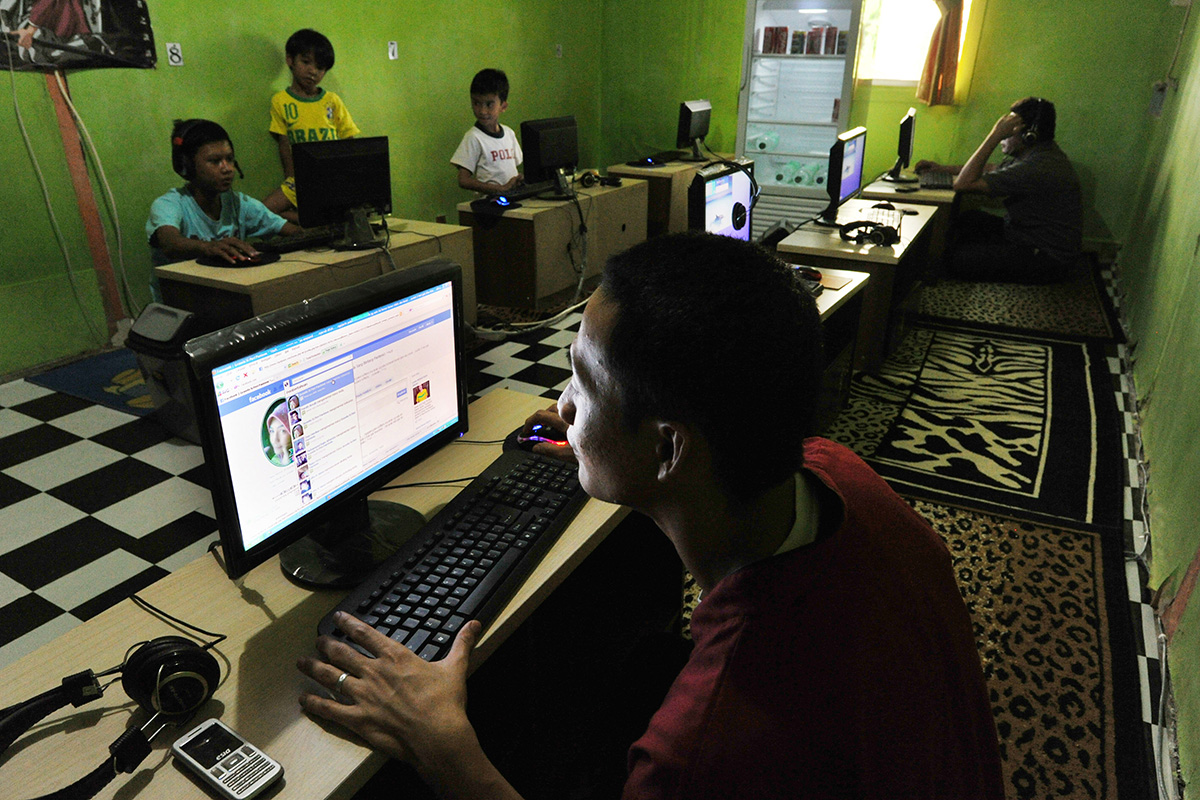Fifty years since its formation, all 10 of the ASEAN (Association of Southeast Asian Nations) member states have seen rapid urbanisation. While the total population within Southeast Asia has reached over 640 million people in 2017, the internet penetration rate across has only reached 53 percent, which translates to 339.2 million internet users, as stated in the Digital in 2017: Southeast Asia report released by Hootsuite and We Are Social. This illustrated the growth potential for internet economy in this region.
The research also revealed that 305.9 million people are active social media users while 854 million people have mobile subscriptions. At the same time, the region has recorded 80 million new internet users since 2016, which was a whopping 31 percent increase.
Similarly, the report released by Google and Temasek Holdings (Singapore's sovereign wealth fund) revealed that Southeast Asia is the fastest growing internet region in the world and is expected to have 480 million internet users by 2020.
The report also identified two major factors that contribute to the region's growth in internet usage: a burgeoning young population and a rapidly growing middle-class. Currently, about 70 percent of the Southeast Asian population is aged 40 and below. Additionally, online media (advertisement and gaming) is expected to contribute 20 billion dollars by 2025.
Following the increase of internet users within the region, both e-commerce and online shopping have prospered over the recent years as e-commerce revenues are forecasted to surpass 25 billion dollars by 2020. The region’s taxi on-demand service could even hit 13 billion dollars and 29 million monthly riders — up from an estimated 7.3 million now — growing at 18 percent per year.
Apart from that, major companies such as Alibaba and Google are also looking at increasing their market share in Southeast Asia by pouring investments into the region. “Alibaba, Tencent, and JD are looking to expand and grow aggressively in Southeast Asia, and the simplest, fastest way to do so is through investment into, and acquisition of, synergistic technology companies with wide distribution, extensive on-the-ground infrastructure, and/or a large user base,” said Justin Hall, principal at Southeast Asia-focused venture capital firm Golden Gate Ventures as published in the South China Morning Post.
While Alibaba has recently chosen to invest in Indonesia, Google is developing its Singapore office into a centre of innovation that will power the company’s growth in the region. “In many ways, Singapore feels like the best place to do this. It is hyper-connected, with some of the fastest internet speeds in the world. And it sits at the centre of a region with half of the world's current internet users, and more new internet users coming online every day than anywhere else in the world,” the vice president of Google’s Next Billion Users team, Caesar Sengupta said. Google is expecting Southeast Asia to play a pivotal role in attracting its next billion users.
While the situation in Southeast Asia may look hopeful, the rise of the internet has also raised several issues such as cyber security, cyber bullying, online piracy, internet censorship, access to fake information and sexual predators.
Pamela Victor contributed to this article.
